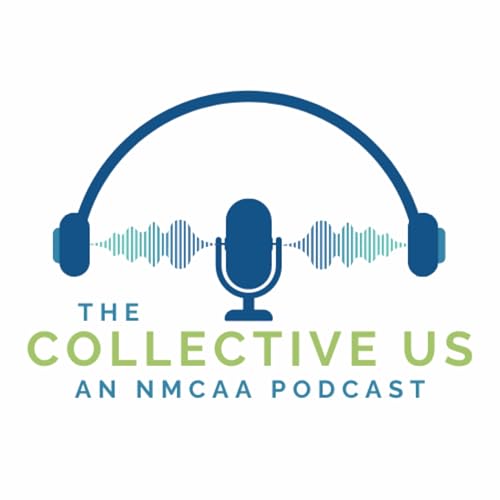
Ep. 60 - Ice Storm Update and Disaster Relief
Échec de l'ajout au panier.
Échec de l'ajout à la liste d'envies.
Échec de la suppression de la liste d’envies.
Échec du suivi du balado
Ne plus suivre le balado a échoué
-
Narrateur(s):
-
Auteur(s):
À propos de cet audio
[DONATE] This episode of The Collective US podcast from Northwest Michigan Community Action Agency focuses on the devastating March 2025 ice storms in Northern Michigan and the community’s response. Hosts Erica Austin and Ryan Buck speak with Emmet County Emergency Management Coordinator Matt Blythe, Emmet County Recycling’s Lindsay Walker, and NMCAA Housing & Energy Efficiency Services Director Tish Stave.
The guests describe how advance warnings from the National Weather Service prompted limited pre-storm coordination with partners like the Red Cross, Salvation Army, and the Little Traverse Bay Bands of Odawa Indians. The first wave seemed typical, but a second wave brought heavy ice, high winds, massive tree loss (millions in Emmet County), widespread power outages, and dangerous road conditions. Nearly 88% of roads closed, critical facilities like hospitals and jails lost generator power, and fuel shortages forced emergency vehicles to refuel far from the county.
Response efforts included opening 11 shelters (including the casino), conducting wellness checks, clearing roads for medical transport, and coordinating food and water distribution. Volunteer amateur radio operators provided field reports when other communications failed. Walker’s role focused on debris management, securing contractors to process wood waste for biomass energy, and exploring better food waste recovery methods. Stave described flexible local grant funds that helped residents with uninsured or underinsured losses, from roof and window repairs to replacing a broken well pump or car windshield.
Long-term recovery needs include homeowner debris removal support, better generator access for critical facilities, stronger communication systems, and planning for food preservation during extended outages. Guests emphasized Northern Michigan’s resilience, neighbor-to-neighbor help, and the value of partnerships between local government, nonprofits, faith groups, businesses, and volunteers. They also urged residents to prepare with basic supplies, communication plans, and a willingness to seek available help.
Months later, debris cleanup continues, biomass facilities have reached capacity, and grant programs remain open for affected households. The episode closes on the importance of improving preparedness, strengthening recovery systems, and mobilizing community volunteers to restore parks, trails, and natural areas.


